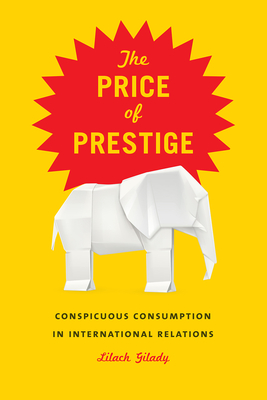Expedite your nonfiction book discovery process with Readara interviews, summaries and recommendations, Broaden your knowledge and gain insights from leading experts and scholars
In-depth, hour-long interviews with notable nonfiction authors, Gain new perspectives and ideas from the writer’s expertise and research, Valuable resource for readers and researchers
Optimize your book discovery process, Four-to eight-page summaries prepared by subject matter experts, Quickly review the book’s central messages and range of content
Books are handpicked covering a wide range of important categories and topics, Selected authors are subject experts, field professionals, or distinguished academics
Our editorial team includes books offering insights, unique views and researched-narratives in categories, Trade shows and book fairs, Book signings and in person author talks,Webinars and online events
Connect with editors and designers,Discover PR & marketing services providers, Source printers and related service providers

The Price of Prestige: Conspicuous Consumption in International Relations
Political Science > International Relations - General
- University of Chicago Press
- Hardcover
- 9780226433202
- 9.1 X 6 X 0.9 inches
- 1 pounds
- Political Science > International Relations - General
- (Single Author) Asian American
- English
Readara.com
Book Description
In The Price of Prestige, Gilady shows how many seemingly wasteful government expenditures that appear to contradict the laws of demand actually follow the pattern for what are known as Veblen goods, or positional goods for which demand increases alongside price, even when cheaper substitutes are readily available. From flashy space programs to costly weapons systems a country does not need and cannot maintain to foreign aid programs that offer little benefit to recipients, these conspicuous and strategically timed expenditures are intended to instill awe in the observer through their wasteful might. And underestimating the important social role of excess has serious policy implications. Increasing the cost of war, for example, may not always be an effective tool for preventing it, Gilady argues, nor does decreasing the cost of weapons and other technologies of war necessarily increase the potential for conflict, as shown by the case of a cheap fighter plane whose price tag drove consumers away. In today's changing world, where there are high levels of uncertainty about the distribution of power, Gilady also offers a valuable way to predict which countries are most likely to be concerned about their position and therefore adopt costly, excessive policies.
Author Bio
Lilach Gilady is assistant professor in the Department of Political Science at the University of Toronto. She received her PhD from Yale University and her research interests cover international security and political economy of national defense.
Research Interests
International Security
International relations theory
International Political Economy
Political Economy of National Defense
Conflict Resolution
Education
MESc, Hebrew University of Jerusalem
M.Phil., Yale University
Ph.D., Yale University
Source: University of Toronto
Videos
No Videos
Community reviews
No Community reviews

